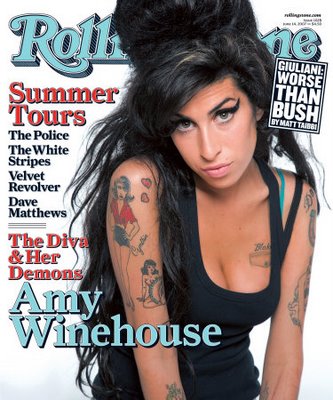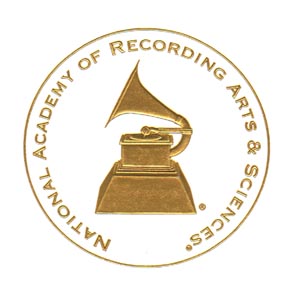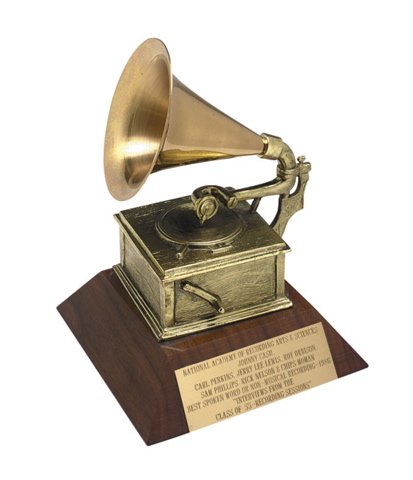 Whitney Houston taught us a lot about life. When a pop star lives, and dies, in the media spotlight teachable moments are part of the package. But not all of those moments have a happy ending. The last, and some would argue most lasting, lesson from Whitney’s life may be that battling addiction is a struggle that too often ends tragically for everyone involved.
Whitney Houston taught us a lot about life. When a pop star lives, and dies, in the media spotlight teachable moments are part of the package. But not all of those moments have a happy ending. The last, and some would argue most lasting, lesson from Whitney’s life may be that battling addiction is a struggle that too often ends tragically for everyone involved.
Whitney had it all: a gift of a voice that only comes around once or twice in a lifetime, beauty, fame, and fortune. Whitney taught us that moving from the church choir to the concert hall takes just a few short steps if you’ve got real talent. She taught us that life is to be celebrated and that music can lift our spirits like nothing else. And she taught us to be careful about who we choose as friends and lovers.
Sadly, Whitney joins a long line of musical performers who lost the battle with drug and/or alcohol. Every generation and every musical style can point to artists who sacrificed their own lives in the pursuit of their musical passion. See my earlier post, Popular Music’s Sad Legacy, for other recent examples of musicians who met a similar fate.
For some the struggle to rise from obscurity to stardom is too much to bear. Climbing Mt. Everest may be a suitable metaphor. While many aspire to reach the top, the summit has room for only a few superstars at a time. Those who slip and fall off the trail are quickly forgotten and even those who reach the summit are not guaranteed a safe return to base camp. The air is thin, and the lack of oxygen can impair one’s judgement at those critical moments when the trail gets steep and storms roll in.
The mass media are known for creating, and destroying, careers and legacies. Even after a career has peaked, the after-market of reality TV shows are there to drain whatever life remains. Whitney’s family and friends probably wish they could “undo” the hours of videotape footage that was recorded in the making of Being Bobby Brown, a reality TV series that aired on Bravo in 2005.
No doubt, Whitney Houston’s music will live on long after her death. But it will always be remembered as music that ended abruptly before the final verse and chorus were sung.





 The Writers Guild strike is nearly over. A vote is scheduled for Tuesday and it appears that they will be picking up their pencils later this week. Too bad for the producers of the 50th annual Grammy Awards who, although they had brokered a deal to allow the show to proceed, clearly didn’t have the full force of the creative community at their disposal. The music industry is in trouble, and this “celebration” of talent is a sad acknowledgment of that reality. The only thing that may help the ratings this year is that the awards show didn’t have to compete against a new episode of Desperate Housewives!
The Writers Guild strike is nearly over. A vote is scheduled for Tuesday and it appears that they will be picking up their pencils later this week. Too bad for the producers of the 50th annual Grammy Awards who, although they had brokered a deal to allow the show to proceed, clearly didn’t have the full force of the creative community at their disposal. The music industry is in trouble, and this “celebration” of talent is a sad acknowledgment of that reality. The only thing that may help the ratings this year is that the awards show didn’t have to compete against a new episode of Desperate Housewives!